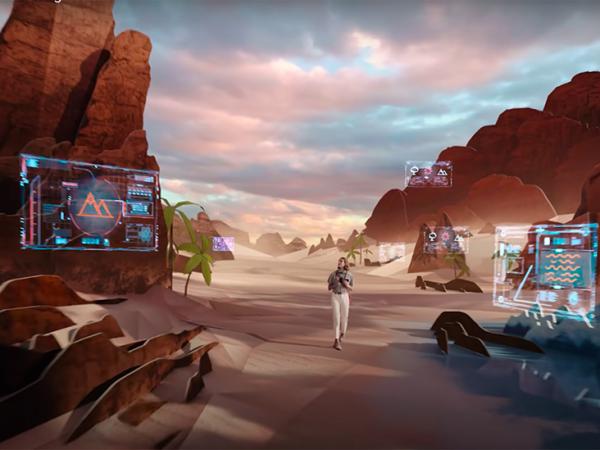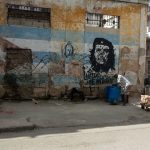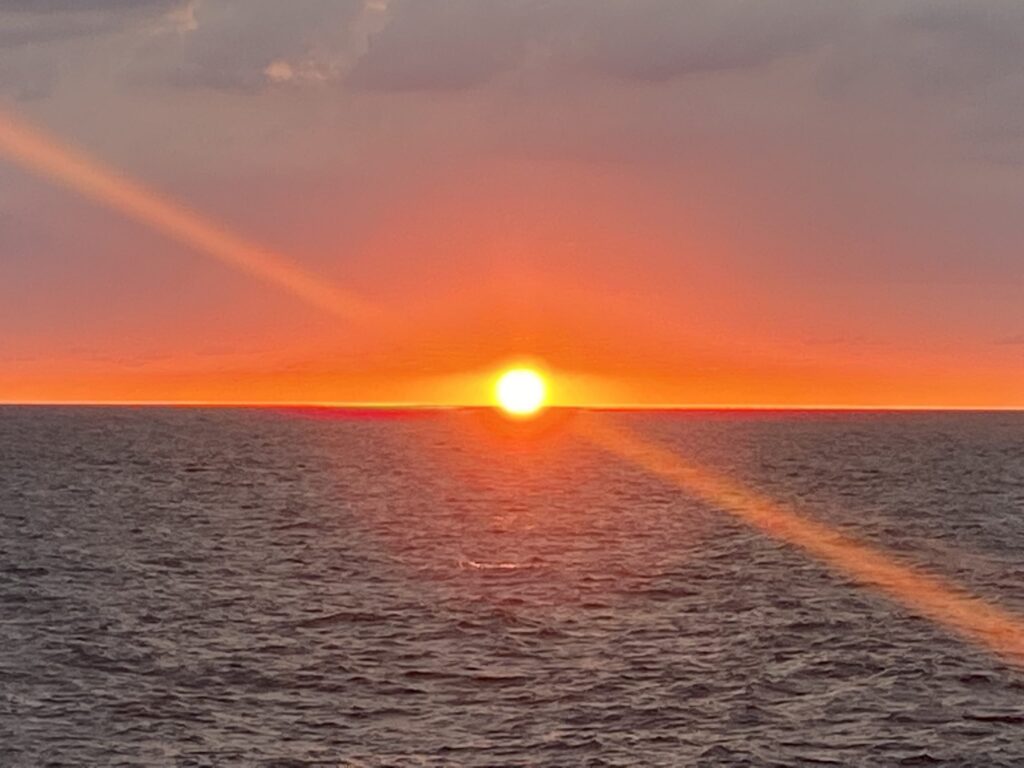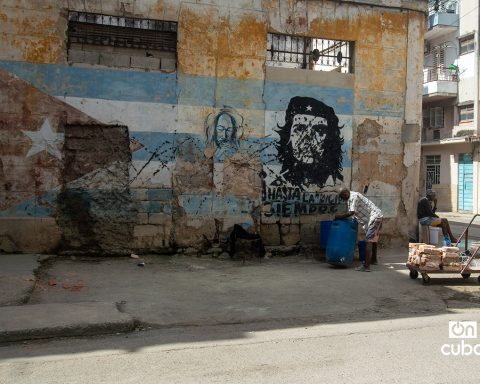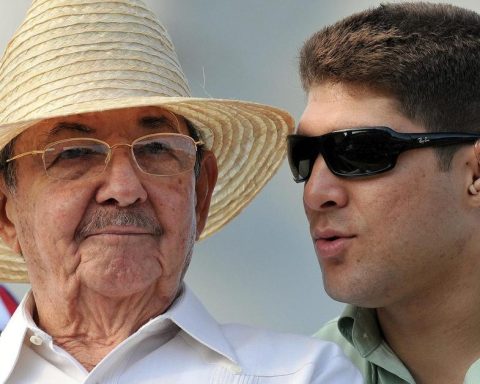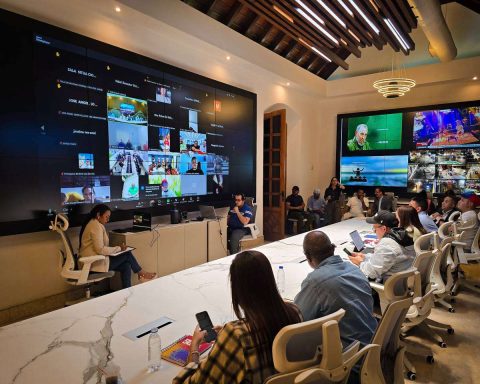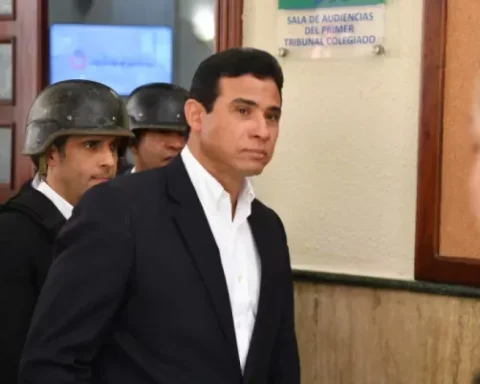Hardly anyone would think of going on vacation to an oil platform.
But in Saudi Arabia they have a plan to convert one of them into an exclusive amusement park enabled to do extreme sports, restaurants and spend a few days surrounded by luxury and eccentricities.
The project is called “The Rig”, an idea that symbolizes the aspirations of the crown prince and de facto ruler of the kingdom, Mohammed bin Salman: to turn the world’s largest oil exporter into an international tourist destination and diversify its economy.
A strategy that is part of the Vision 2030 economic reform plan that the leader has promoted throughout the world trying to convince Western investors to make their capital flow to the oil leader.
The government expects tourism to be the largest source of new jobs in the private sector, accounting for 10% of both Gross Domestic Product (GDP) and employment within a decade, in a country where two-thirds of its 21 million of inhabitants are under 35 years of age.
Preparing for a post-oil era in which the world would be less reliant on crude for decades to come, Saudi Arabia has recently begun opening its doors to the outside world.
In 2019, for the first time, the country began to issue tourist visas in a kingdom that had historically remained encapsulated, except when millions of Muslims make a pilgrimage to Mecca every year.
To move forward in its goal of stimulating tourism, it will have to overcome several obstacles: it is not a cheap destination like Southeast Asia; it is scorching hot for eight months of the year; there is no political freedom or freedom of expression; In the streets, men and women hardly live together; alcohol is not allowed.
Added to these restrictions is the shadow that hangs over the kingdom due to allegations of human rights violations, with an international image of the crown prince even more tarnished after the murder of journalist Jamal Khashoggi and the repression of women’s rights activists. .
Despite all existing limitations, “the Saudi economy is much more diversified than in the past,” Karen Young, senior researcher and director of the Economics and Energy Program at the Middle East Institute think tank, in Washington DC, tells BBC Mundo. .
Step by step, he explains, the demand for the hotel and entertainment industry in the local market is creating new types of businesses and types of consumption.
While “new investments in hydrogen, mining and expansion of financial services are growing the non-oil economy at a fast pace,” he says.
The problem is that economic diversification is not something that can be achieved in one or two decades. Oil and its derivatives, he adds, will continue to play an essential role in government revenues for a long time.
That is what many are wondering: how long it will take to transition to a future less dependent on oil.
A transition that ultimately will have to “ensure that the high standards of living that the kingdom currently enjoys are maintained in the future,” says Omar al Ubaydli, president of the Bahrain Society of Economists.
The fate of the government plan will depend, in large part, on some of the investments it has made in new sectors, such as renewable energies and hydrogen, in addition to the great expansion of religious and domestic tourism, he points out.
Al Ubaydli believes that a key factor for success will be local innovation, a process that is underway but will take a few years to see tangible results.
“The diversification process should take at least 15 years, if not more,” says the expert in dialogue with BBC Mundo, arguing that it is still too early to expect changes in so few years and with the interruption caused by the covid-19 pandemic. 19.
Still, he adds, “the country has made some good progress.” For example, many more Saudis are employed in sectors such as retail and tourism.
On the other hand, exports are diversifying and mineral production is playing an important role, he says.
That has allowed, says al Ubaydli, that fiscal revenues “depend much less on oil than in the past.”
To move forward on that path, the government is investing in luxury resorts, movie theaters and entertainment complexes that will allow it to attract more visitors and, at the same time, develop new industries.
Saudi Arabia has one of the largest sovereign wealth funds in the world (with about US$1 trillion), along with countries such as Norway, the United Arab Emirates, China, Kuwait and Singapore.
As of 2016, this Saudi fund has multiplied its investments abroad, acquiring all kinds of assets, from soccer clubs and video game companies, to companies that manufacture electric cars, something that had never been traditionally done.
Using the resources of that fund, the country is financing part of the construction of cities in the desert, with the same objective of attracting foreign investment and projecting Saudi influence to the world.
So far the transition to a more diversified economy is being financed by oil revenues, and experts don’t know how long it will be before non-oil industries can support themselves.
The kingdom has tried to put the accelerator to expand its businesses to the extent that most of its population is young and the country has to offer them more job opportunities and spaces to generate businesses that make it attractive to stay in the kingdom.
Under this logic, it is clearer to understand why the country invests in ostentatious advertising campaigns to convince the world that it is possible to build futuristic cities with levitating trains, without cars and zero carbon emissions in the middle of the desert.
This is how they sell one of their flagship projects, Neom, a city that, when built, will become “the model for tomorrow in which humanity progresses without compromising the health of the planet.”
A kind of green utopia financed with oil. Time will tell if these plans come to fruition.
Now you can receive notifications from BBC World. Download the new version of our app and activate it so you don’t miss out on our best content.
